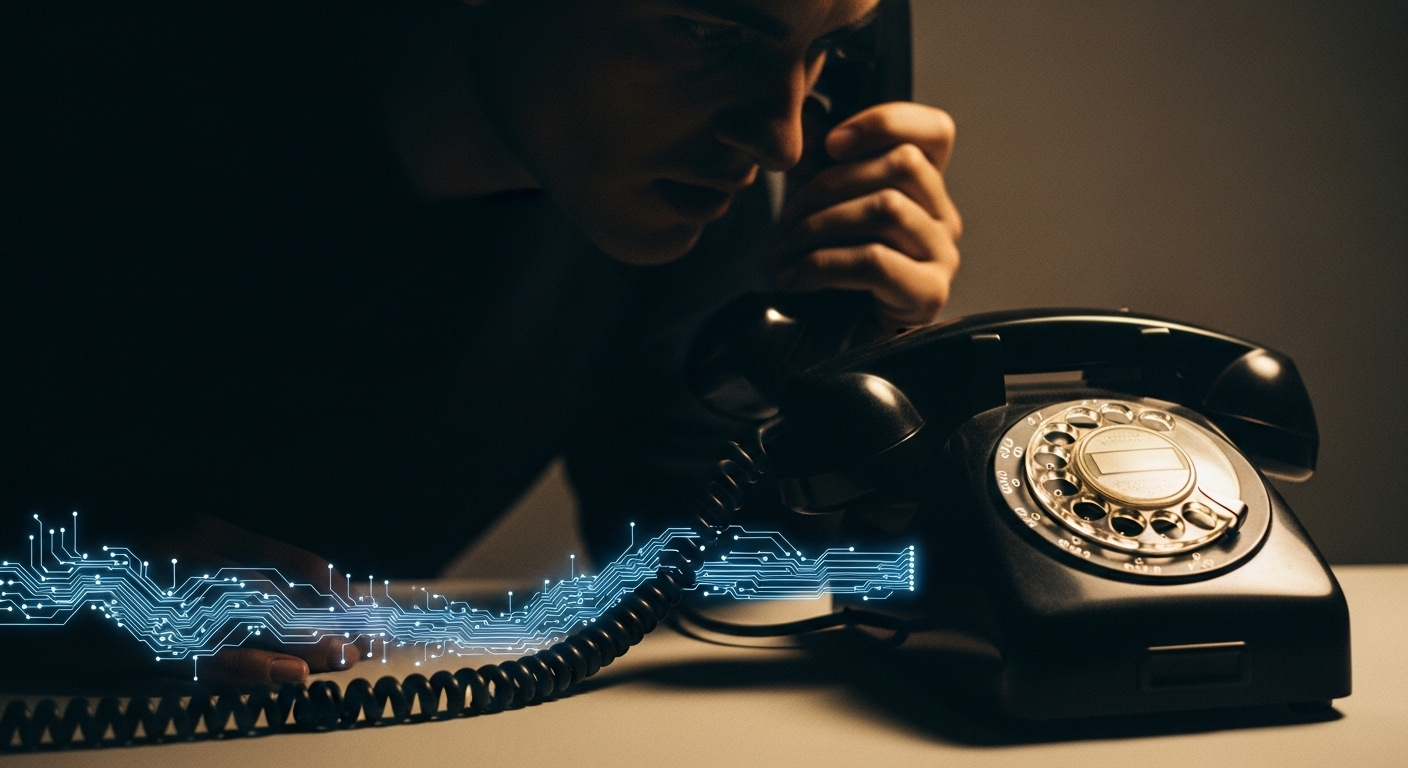Ever found yourself chatting away with an AI, maybe like ChatGPT, feeling like it’s your personal confidant? You’re definitely not alone. In our increasingly digital world, these AI models can feel surprisingly human, offering advice, a listening ear, or even a virtual shoulder to cry on.
But before you spill your deepest, darkest secrets, there’s a crucial heads-up from none other than OpenAI CEO Sam Altman himself. He recently warned that when you’re using ChatGPT as a pseudo-therapist, there’s absolutely “no legal confidentiality.” Yeah, you read that right. It’s a bit of a bombshell, isn’t it?
So, What Does “No Legal Confidentiality” Really Mean?
Well, unlike a licensed human therapist who’s bound by strict ethical codes and laws like HIPAA (which protects your health information), your chats with ChatGPT aren’t covered by any such legal shield. When you type something into the model, that data is processed. It can potentially be used to train the AI, stored, or even accessed by OpenAI staff.
Imagine telling your human therapist about your secret love for pineapple on pizza (don’t judge!). They’re legally bound to keep that juicy detail private. Tell it to ChatGPT, and suddenly that preference could become part of the dataset that helps the AI understand human preferences, or worse, be exposed in a data breach. Okay, maybe not pineapple pizza, but you get the drift – sensitive personal details are fair game.
No, ChatGPT isn’t going to gossip about your bad hair day to other AI models (at least, not yet!). But the core issue is that your inputs are data. And data, without specific legal protections, can be used in ways you might not expect or want.
The Allure vs. The Reality of AI Confidants
It’s easy to see the appeal of an AI therapist. It’s available 24/7, judgment-free (or so it seems), and often free or low-cost. You don’t have to worry about awkward silences or finding the right words. For many, it feels like a safe space to vent, explore thoughts, or just practice articulating feelings.
But here’s the kicker: that feeling of safety is largely an illusion when it comes to privacy. Your data isn’t just floating off into the ether; it’s part of a system. Sam Altman’s warning isn’t just a casual remark; it’s a fundamental reminder of how these powerful tools operate.
What Does This Mean for You?
So, should you ditch your AI chat buddy entirely? Not necessarily! ChatGPT and other AI models are incredible tools for brainstorming, learning, and even basic emotional support. They can help you organize your thoughts, offer different perspectives, or just be a sounding board.
The key takeaway is awareness. Treat your AI conversations like you would a public forum, not a private diary. If you wouldn’t shout it from the rooftops, maybe don’t type it into a chatbot. Think twice before sharing:
- Highly personal or sensitive health information.
- Financial details or confidential business info.
- Anything that could identify you or others in a negative way.
The Future of AI & Your Privacy
This isn’t just about ChatGPT; it’s a broader conversation about AI ethics, data privacy, and the evolving landscape of digital interaction. As AI becomes more sophisticated and integrated into our lives, these questions of confidentiality will only grow more urgent.
Will we see new legal frameworks emerge to protect users in AI interactions? Probably. The tech world is constantly evolving, and regulations often play catch-up. But for now, the onus is on us, the users, to be smart and mindful about what we share.
So, the next time you’re tempted to confide in your AI pal, remember Sam Altman’s words. It’s fantastic to have these tools at our fingertips, but a little digital caution goes a long way. Your secrets are yours to keep, even from the most convincing chatbot.
